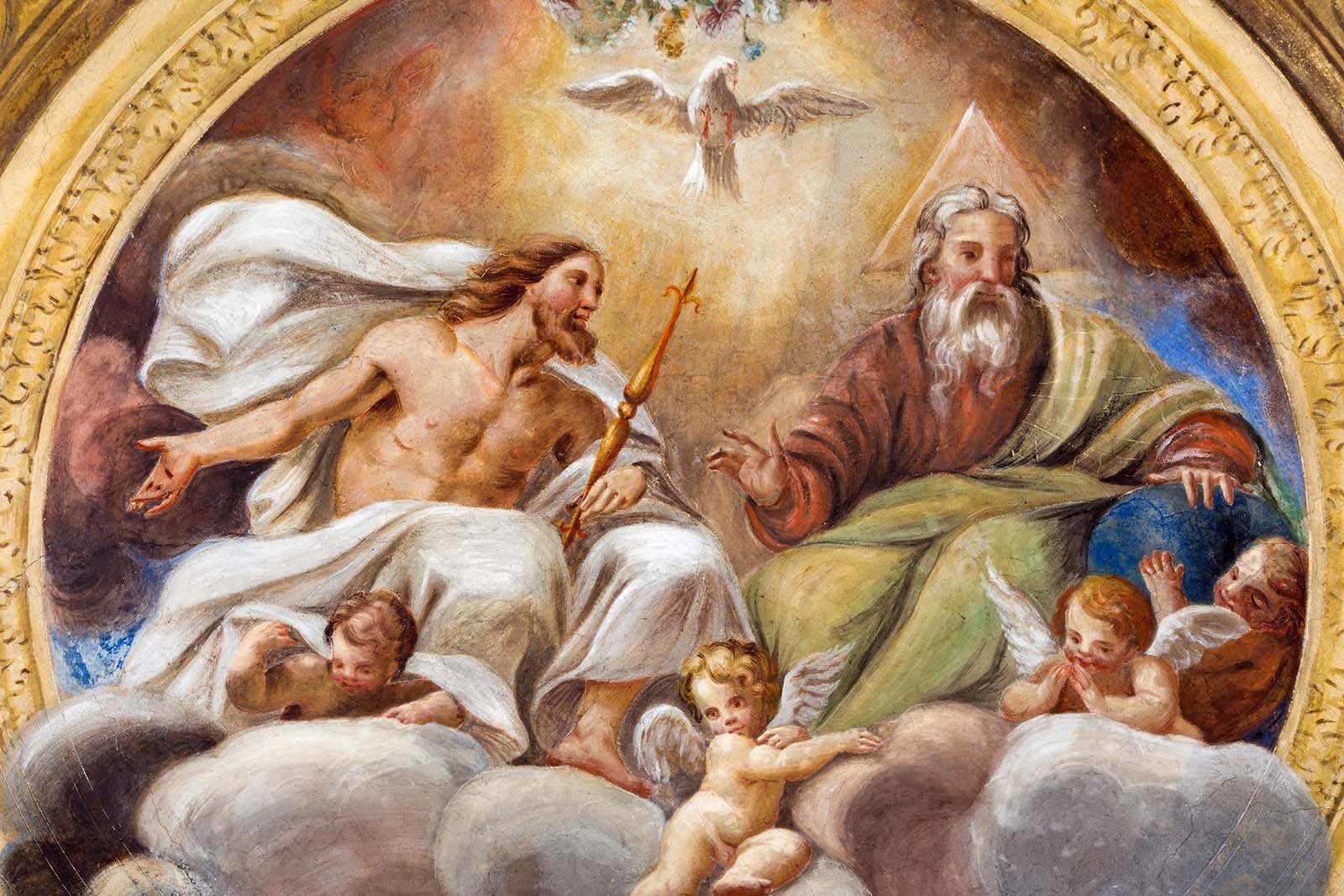“Then God spoke to Moses, and said to him: I am the LORD.
As God the Almighty I appeared to Abraham, Isaac, and Jacob, but by my name, LORD, I did not make myself known to them. I also established my covenant with them, to give them the land of Canaan, the land in which they were residing as aliens.
Now that I have heard the groaning of the Israelites, whom the Egyptians have reduced to slavery, I am mindful of my covenant.
Therefore, say to the Israelites: I am the LORD. I will free you from the burdens of the Egyptians and will deliver you from their slavery. I will redeem you by my outstretched arm and with mighty acts of judgment. I will take you as my own people, and I will be your God; and you will know that I, the LORD, am your God who has freed you from the burdens of the Egyptians and I will bring you into the land which I swore to give to Abraham, Isaac, and Jacob. I will give it to you as your own possession—I, the LORD!”
(Exodus 6:2-8)
Recently on Part 17 of the Exodus Series on The Faith Explained, Cale examined chapter 6 of Exodus, which reveals much more about God than we are used to. In speaking to Moses, God exposes Himself not as “The God Almighty” as He did to Abraham, Isaac, and Jacob, but as “The Lord” who will free them from their burdens and bondage and lead them out of this land of suffering and pain.
By the time Moses was an adult, the Israelites had been enslaved by the Egyptians for hundreds of years. For literal centuries, they had been a subjugated people, systematically forced to perform the labor and tasks of their masters, with no promise of freedom or salvation. So, it’s no wonder that they didn’t believe Moses when he came to them, claiming to be the messenger of God. Why now? Why Moses?
And yet, God did as He promised: “Now you will see what I will do to Pharaoh. For by a strong hand, he will let them go; by a strong hand, he will drive them from his land.” (Exodus 6:1)
From the clutches of a dominant nation, God freed His chosen people. He unleashed every physical form of malady and plague upon their oppressors so that they would know Him as the Lord Almighty.
Seeing that feat, knowing God’s power to perform the impossible, it’s quite bold of us to question the presence of God in our lives when we don’t get the results that we want. The vast majority of us won’t go through any sort of brutal subjugation or torturous slavery in our lives, or anything close to it! So what right have we to doubt His omnipresence and omnipotence?
“The situations that we go through don’t happen to us. They’re happening for us,” said Cale. “I want you to change your mindset. When these aspects of our character need work, God uses, in His providence, the things that happen for us to shape us into the image of His son; to sculpt the image of Christ within us.”
God doesn’t ask us to understand every struggle, obstacle, trial, or hardship that we go through. He is asking us to have faith that He, the creator of the universe, is capable of answering our prayers to Him. He is allowing us to be tested so that we may seize the opportunity to become something greater than a sinner: a saint.
Tune in to The Faith Explained weekdays at 12:30pm CT


